1. It was a cold late afternoon. We came across an old man sitting leisurely fishing on the banks of the Kien Giang River. He proudly told us that he was from Quang Cu village, although for more than ten years now, this land has been called by a new name: Xuan Giang residential group, Kien Giang town. His hometown Quang Cu is famous as a land of learning - a place that has nurtured many generations of studious, diligent people who take learning as their great career. But as he said, what makes this place different is the dense folk wisdom in daily life.
Quang Cu people have their own style: They like to tell jokes, to tell lies - jokes, exaggerations but full of thought. That gift of words is like an invisible asset, passed down from generation to generation. The stories are not only a source of laughter but also simple but profound philosophies of life, the way people here express a positive outlook on life, on all the harsh challenges. Quang Cu people are humorous without being sarcastic, profound without being dramatic. They "tell lies" as an art of living - making light of all the heavy things, satirizing the wrong things without hurting anyone and self-deprecating to love themselves more.
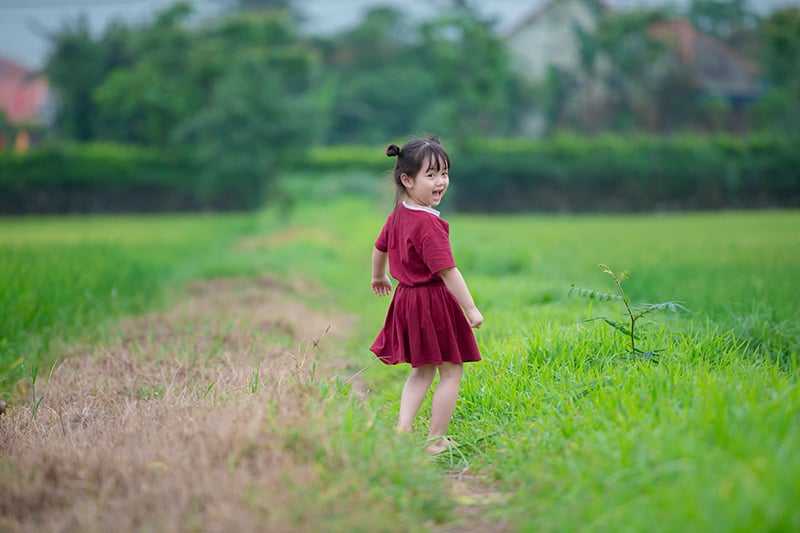 |
That “Quang Cu quality”, even though the village name has changed, the commune has changed, is still present in every figure and every voice. It lies in the way people stop in the late afternoon of the year to fish leisurely, without rushing, without jostling. It is the way that despite the rain and sun, the hardships of the sky and life, the villagers still hold their heads high, stretch their shoulders and live. Village culture, after all, is not something attached to a place name, but is the blood that flows in the way of living, behaving and looking at life. Like the way the old fisherman proudly tells strangers: No matter what your name is, you are still a Quang Cu person.
2. On the day the province was re-established, my parents carried me back to Dong Hoi. At that time, the name Quang Binh appeared on the map like an old wound that had just healed, still scarred, still filled with emotion. I didn’t understand much, I only remember that my parents were very happy. But making a living in the countryside in those early days was never easy.
Back then, the bumpy red dirt roads of Con - a rural area on the outskirts of Dong Hoi city still bore the footprints of my mother - a skinny woman wearing an old hat, riding a dilapidated bicycle carrying me to sell goods on the street. I sat behind my mother, winding through the alleys of Con, carrying a load of noodles, along with my big dreams and a part of my childhood. The bicycle passed through the market, through the red dusty road, past the yellow walls faded by the sun, the houses with dark brown tiled roofs. Con - in my memory - is not a place name, but the cry of my mother in the early morning, my shabby plastic sandals when running on the dusty village road, the chirping of cicadas in the dry July sun. And Con, is a myriad of rustic dishes that are strangely delicious, along with people who carry within them a rare romantic and gallant quality.
Nowadays, people call it Dong Son ward. The name Con has disappeared from administrative documents, as if it never existed. But I know, it still exists in people's hearts - especially those like my mother, like me, like those who lived and grew up there. That name is like an underground stream, quietly flowing through every fold of memory, not noisy but unforgettable.
My teacher was born in Con. In the story she told, she was still moved and proud to be a "Con" person. She said that the village name had changed but her hometown had not. Like a new shoot growing on an old root, a new name could not erase the layers of soil that had been firmly attached for a long time. Like me, there were afternoons when I wandered on small roads in the heart of "Con", my heart suddenly startled because I heard an old sound: the smell of sweat behind my mother, the sound of a bicycle clattering, or even the cry "Who sells instant noodles here!" that sounded so familiar that I burst into tears. It turned out that people could call it by a different name, but no one could forget the place where they once looked up to see the moon, bent down to hear the fragrant smell of wet straw during the harvest. The poorer the memory, the easier it is to forget.
3. I grew up, left my hometown, and went to the city to study. Saigon was crowded and strange. There were days when I walked in the crowded streets, I felt like I was sucked into the crowd, alone in a sea of unfamiliar people. Then one day, in the middle of the busy Hang Xanh intersection, a motorbike with the license plate 73 passed by. Just a number made my eyes blur. No one knew why a girl in the middle of the city stood still at a red light. But I knew. Because in that number was my mother, my homeland, Quang Cu, everything I called “homeland”.
I also encountered the country accent in the heart of Saigon - the heavy, stammering accent that I used to try to hide so that no one would know I was "country". However, one tiring afternoon, I heard someone calling at the bus stop: "I'm here, where are you?". Just that made my tears well up. I don't know since when I have seen my homeland in such small things. A bowl of porridge with a pungent pepper flavor. A sudden rain. A muddy road running through my memories. My homeland - no need for anyone to mention it, no need to call its name, still lives quietly and silently in my heart.
Then suddenly realized, a hometown name is not just words. It is heritage, bloodline, identity, "collective memory". We may not be able to stop the flow of change, but we have the right to remember, the responsibility to preserve, the reason to be sad, to regret and to remind our descendants that that place once had a name, once was a place where many people raised their heads, beat their chests with pride: Homeland!
Name can be changed. But hometown can not!
Hometown is a place that does not require a household registration, does not require proof, just a place in the heart - so that no matter where you live, what you do, how far you go, when you touch a voice, a dish, a license plate... you will feel like you have returned. As the old man fishing on the banks of Kien Giang River said one afternoon at the end of the year: Hometown can change its name, but no one can change the way a land leaves its mark on people's hearts. Those are things that are not on the map but in the memory, in the flesh and blood, in the way we look back, seeing ourselves as small in the midst of immense love.
Dieu Huong
Source: https://baoquangbinh.vn/van-hoa/202504/dau-lang-khong-con-ten-cu-2225778/


![[Photo] Hanoi is brightly decorated to celebrate the 50th anniversary of National Reunification Day](https://vstatic.vietnam.vn/vietnam/resource/IMAGE/2025/4/29/ad75eff9e4e14ac2af4e6636843a6b53)
![[Photo] Ho Chi Minh City residents "stay up all night" waiting for the April 30th celebration](https://vstatic.vietnam.vn/vietnam/resource/IMAGE/2025/4/30/560e44ae9dad47669cbc4415766deccf)
![[Photo] Ho Chi Minh City: People are willing to stay up all night to watch the parade](https://vstatic.vietnam.vn/vietnam/resource/IMAGE/2025/4/29/cf71fdfd4d814022ac35377a7f34dfd1)
![[Photo] Nghe An: Bustling atmosphere celebrating the 50th anniversary of Southern Liberation and National Reunification Day](https://vstatic.vietnam.vn/vietnam/resource/IMAGE/2025/4/29/64f2981da7bb4b0eb1940aa64034e6a7)
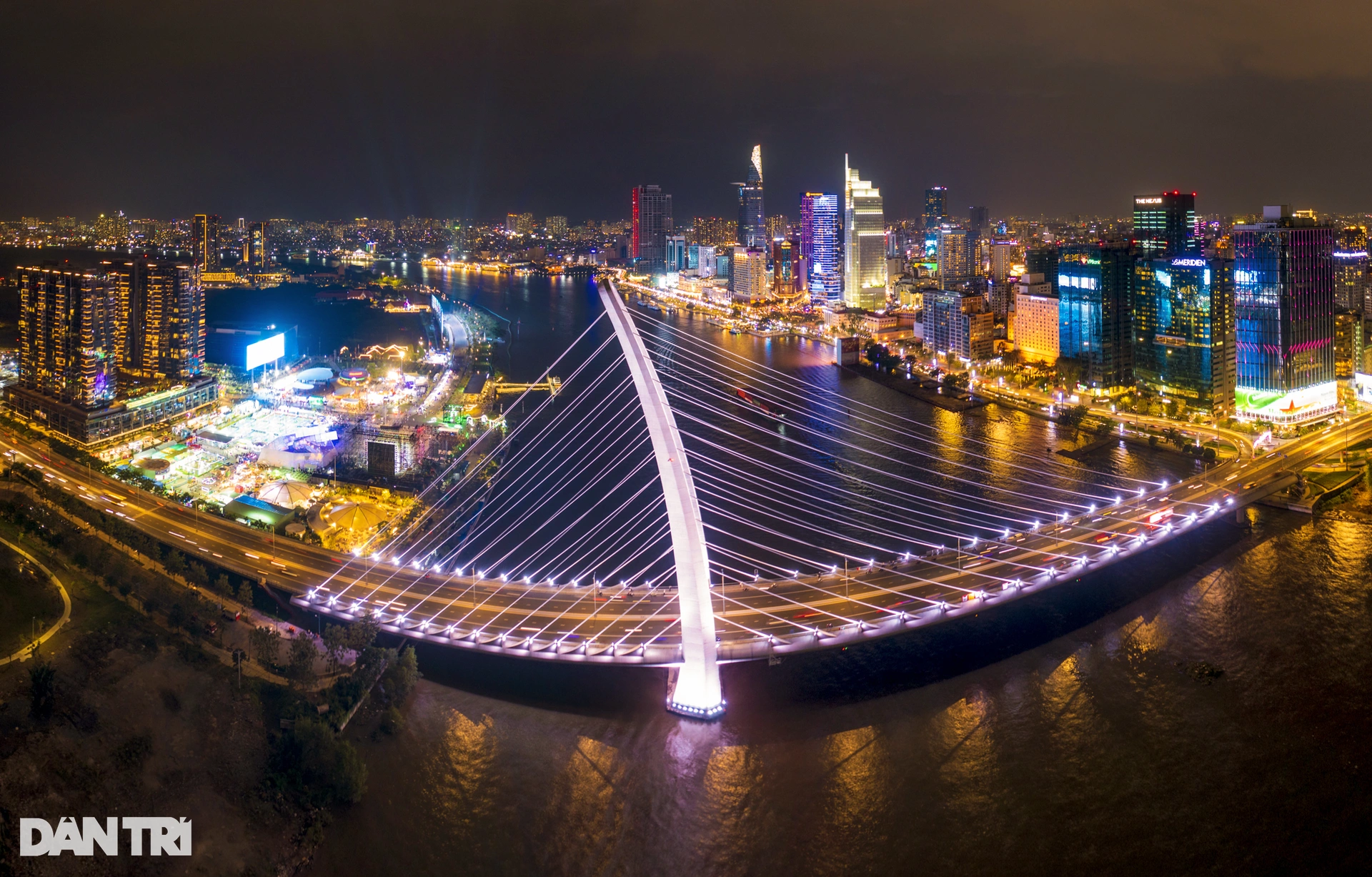
![[Photo] General Secretary attends special art program "Spring of Unification"](https://vstatic.vietnam.vn/vietnam/resource/IMAGE/2025/4/29/e90c8902ae5c4958b79e26b20700a980)

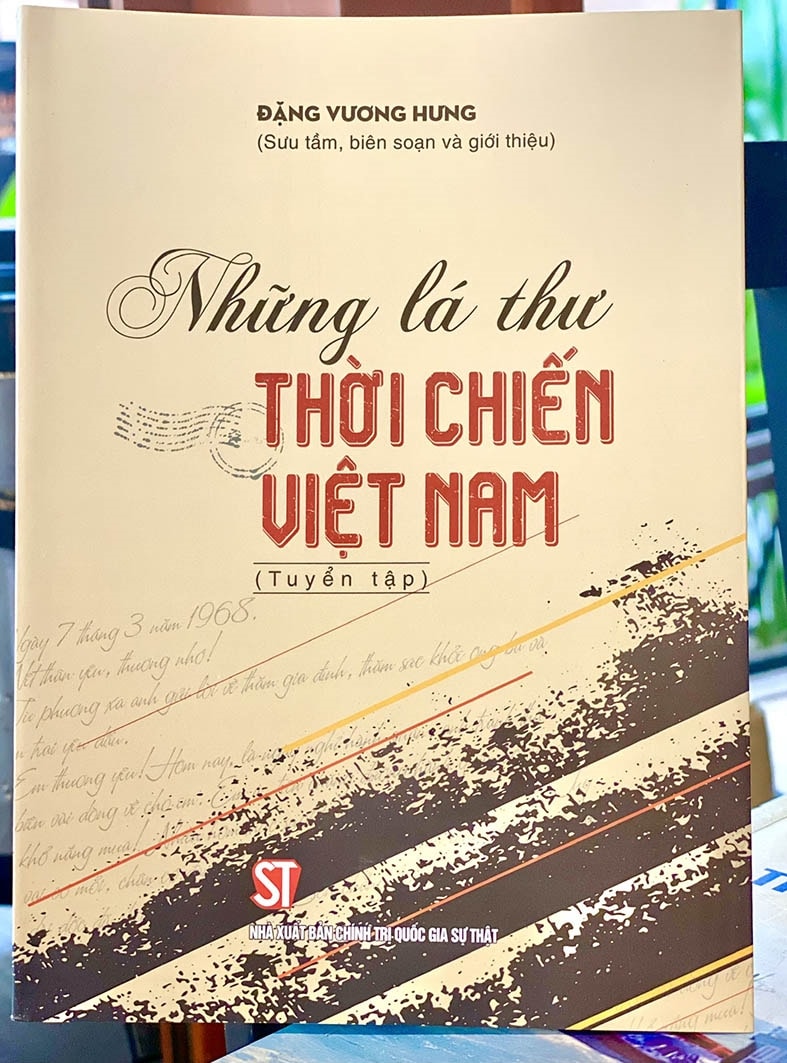
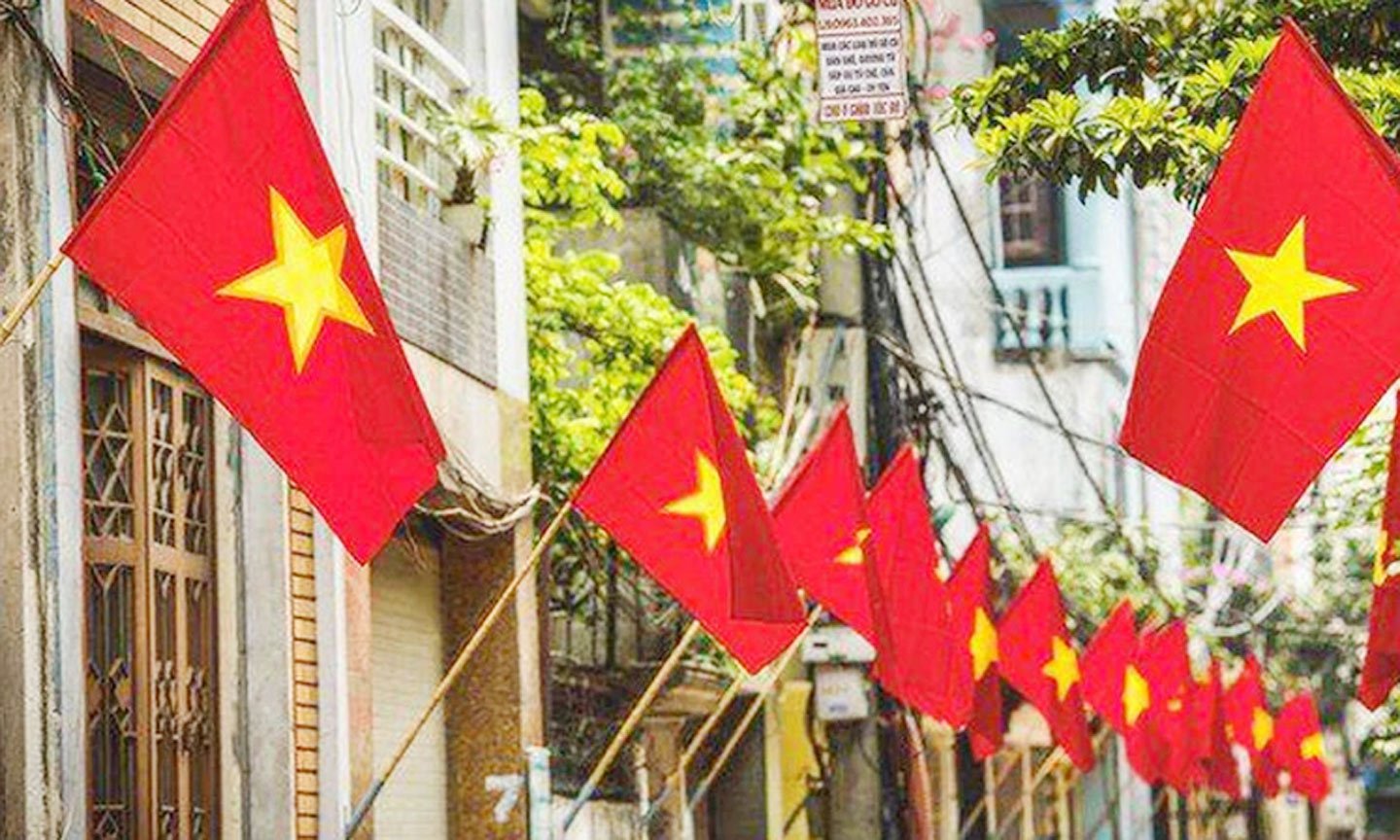
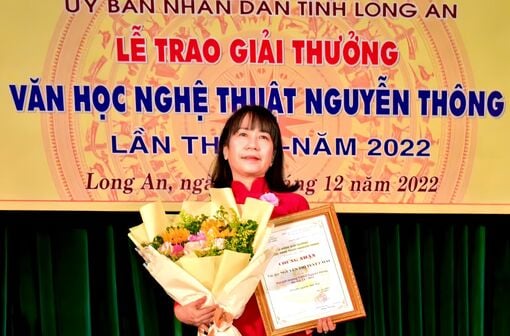
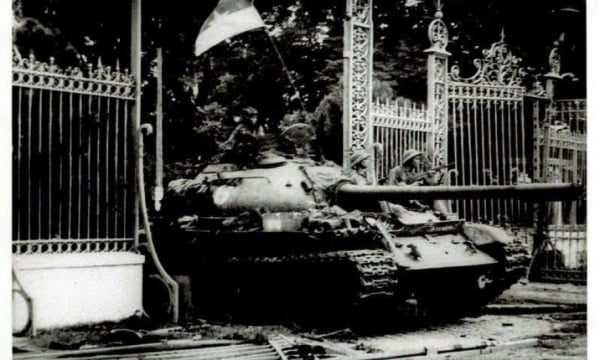





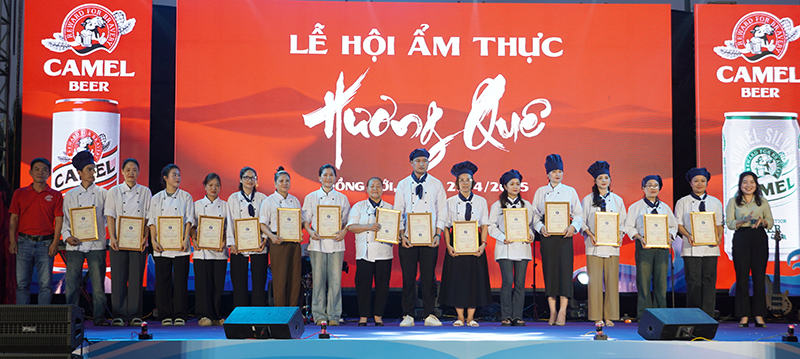
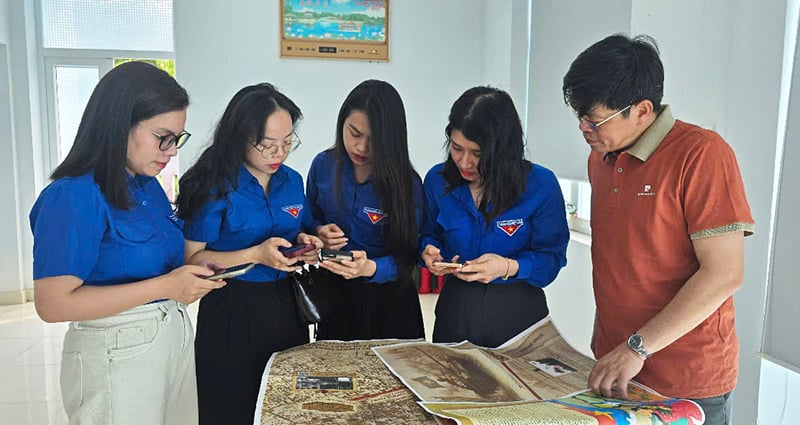
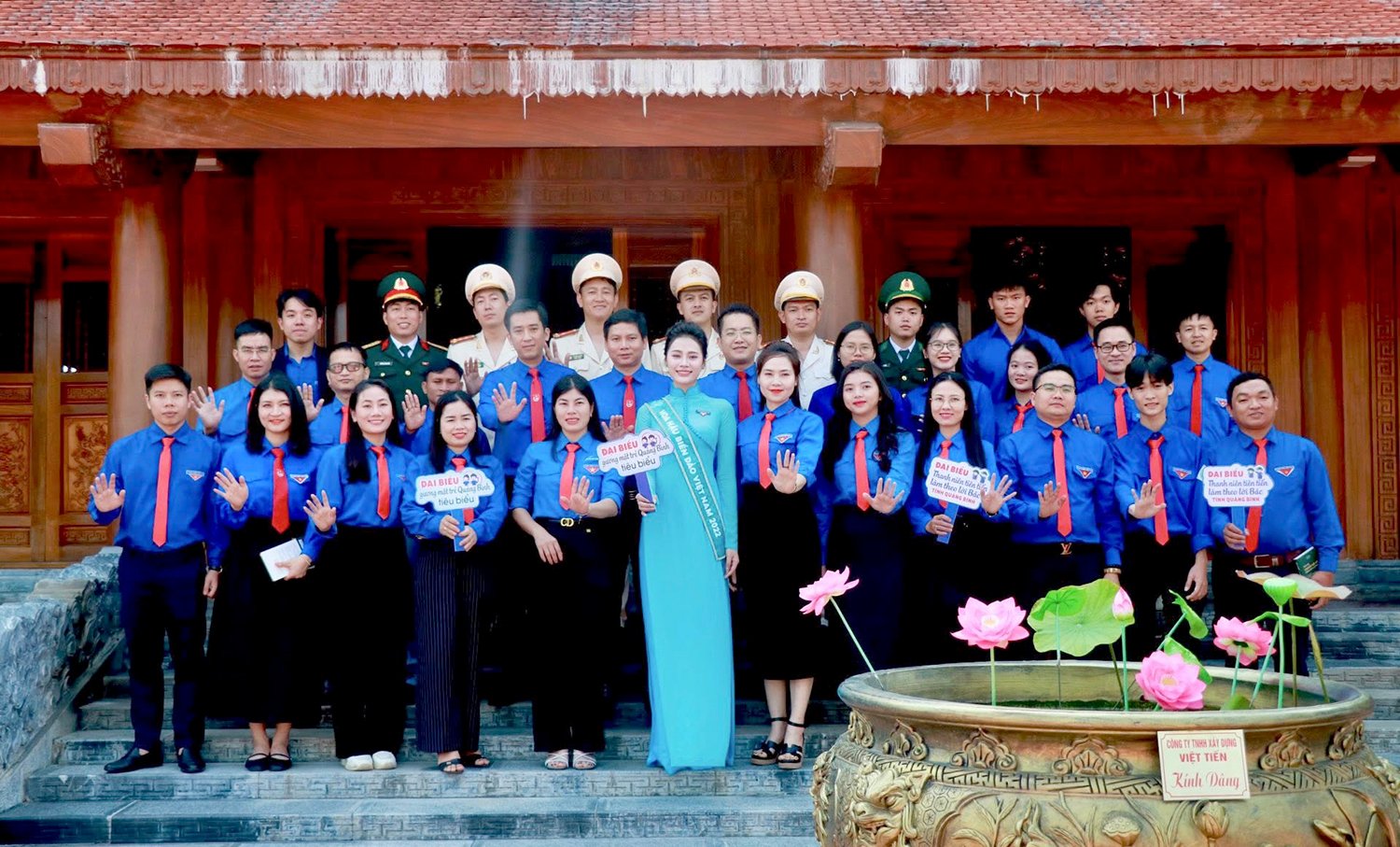
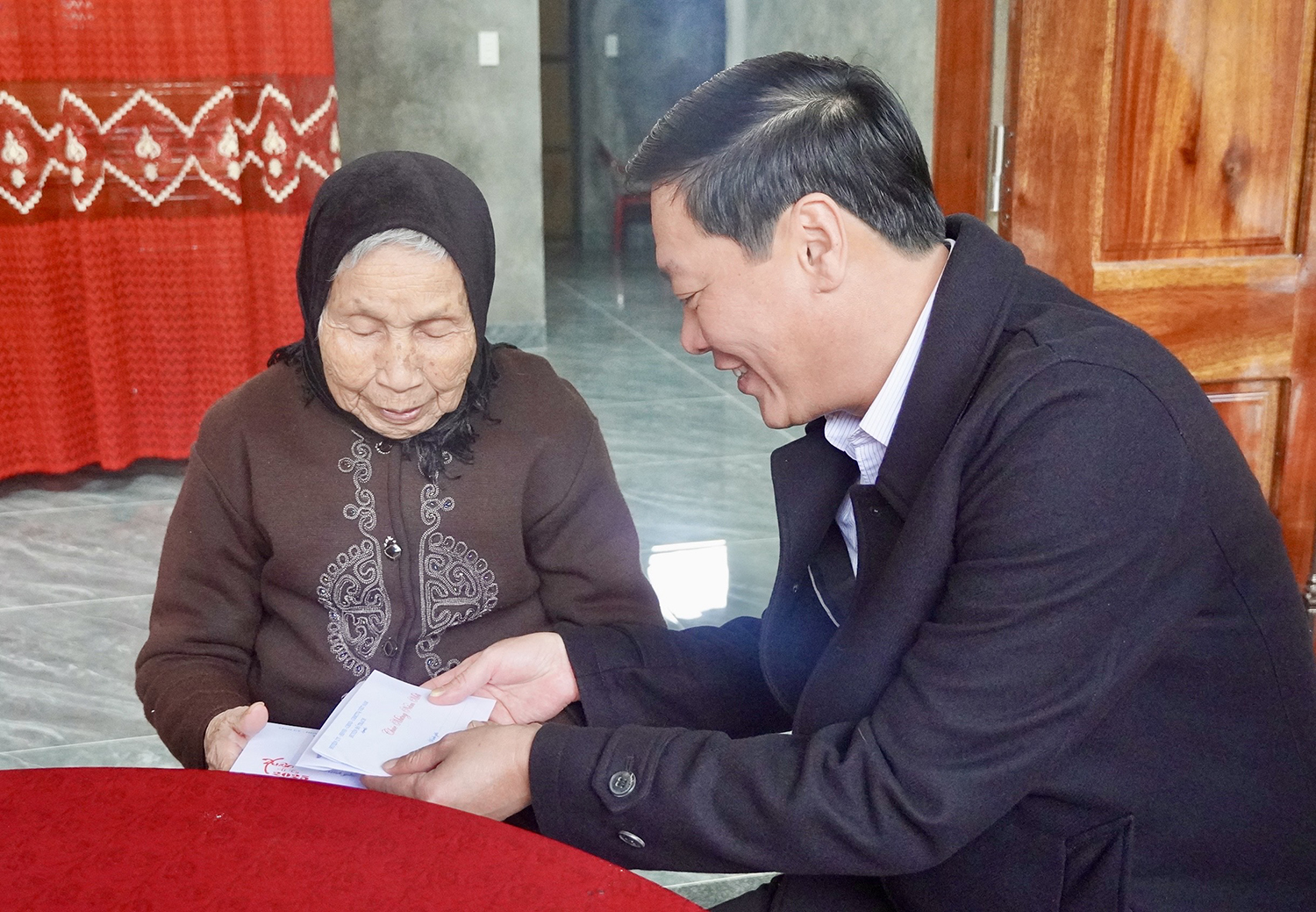
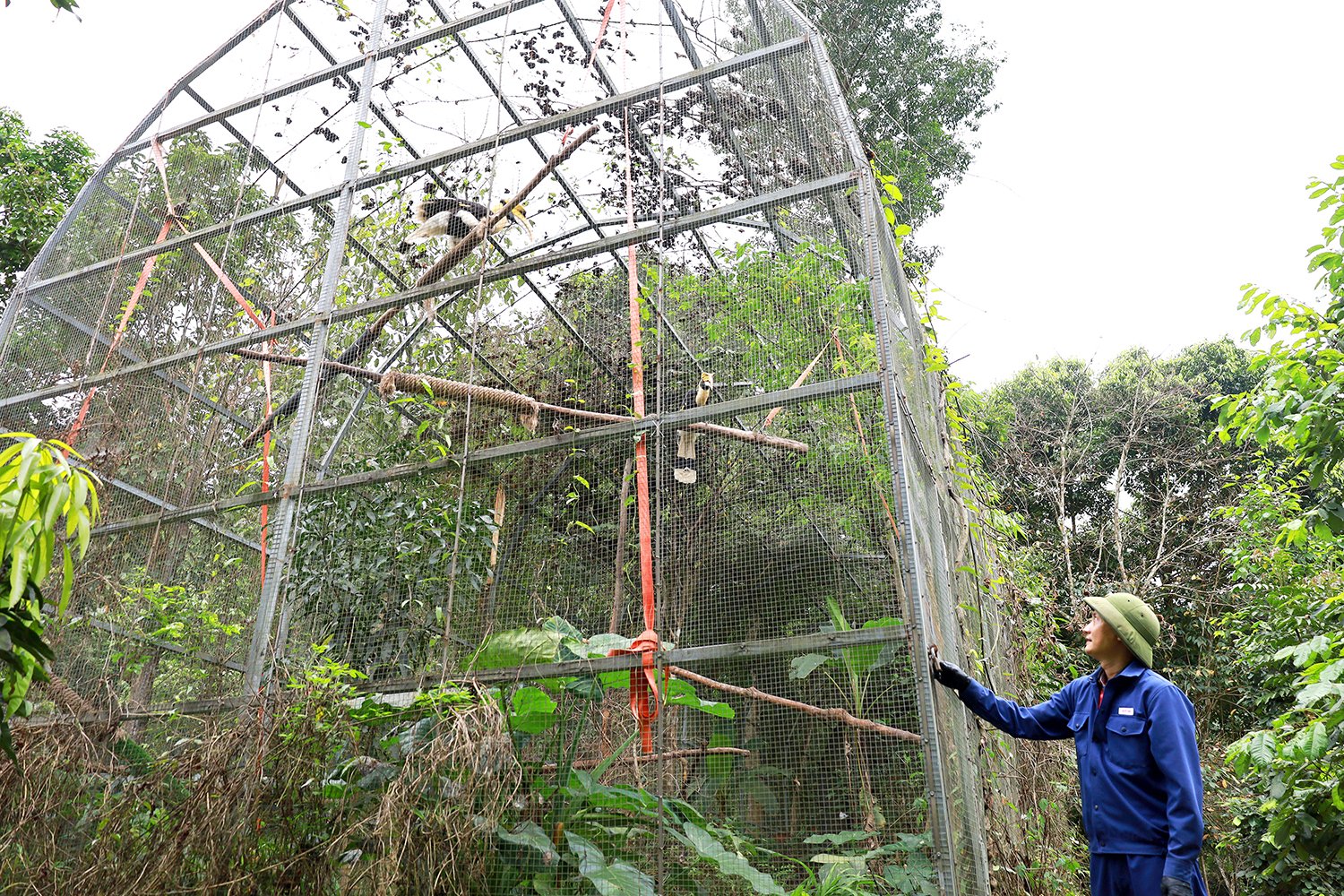
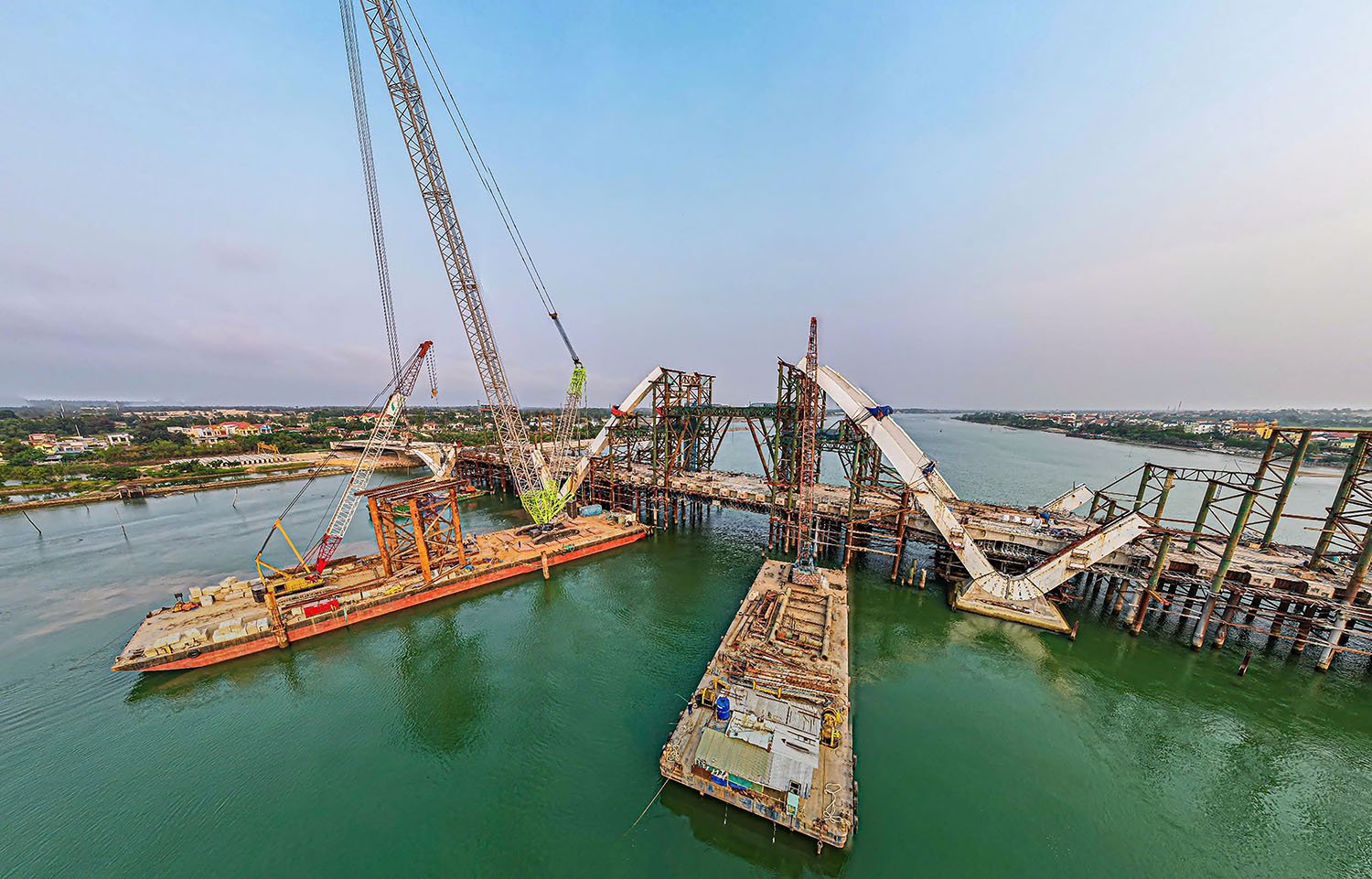
![[Photo] Prime Minister Pham Minh Chinh meets to prepare for negotiations with the United States](https://vstatic.vietnam.vn/vietnam/resource/IMAGE/2025/4/29/76e3106b9a114f37a2905bc41df55f48)




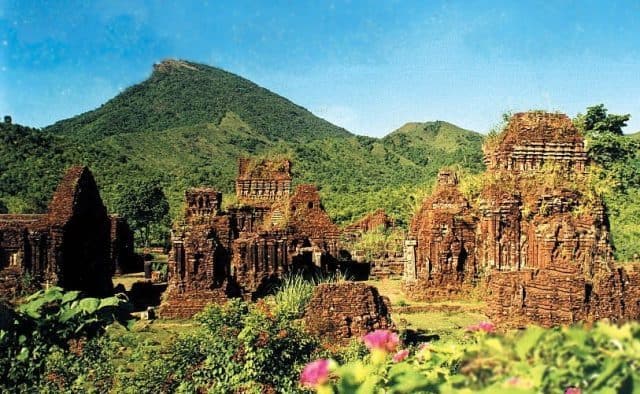





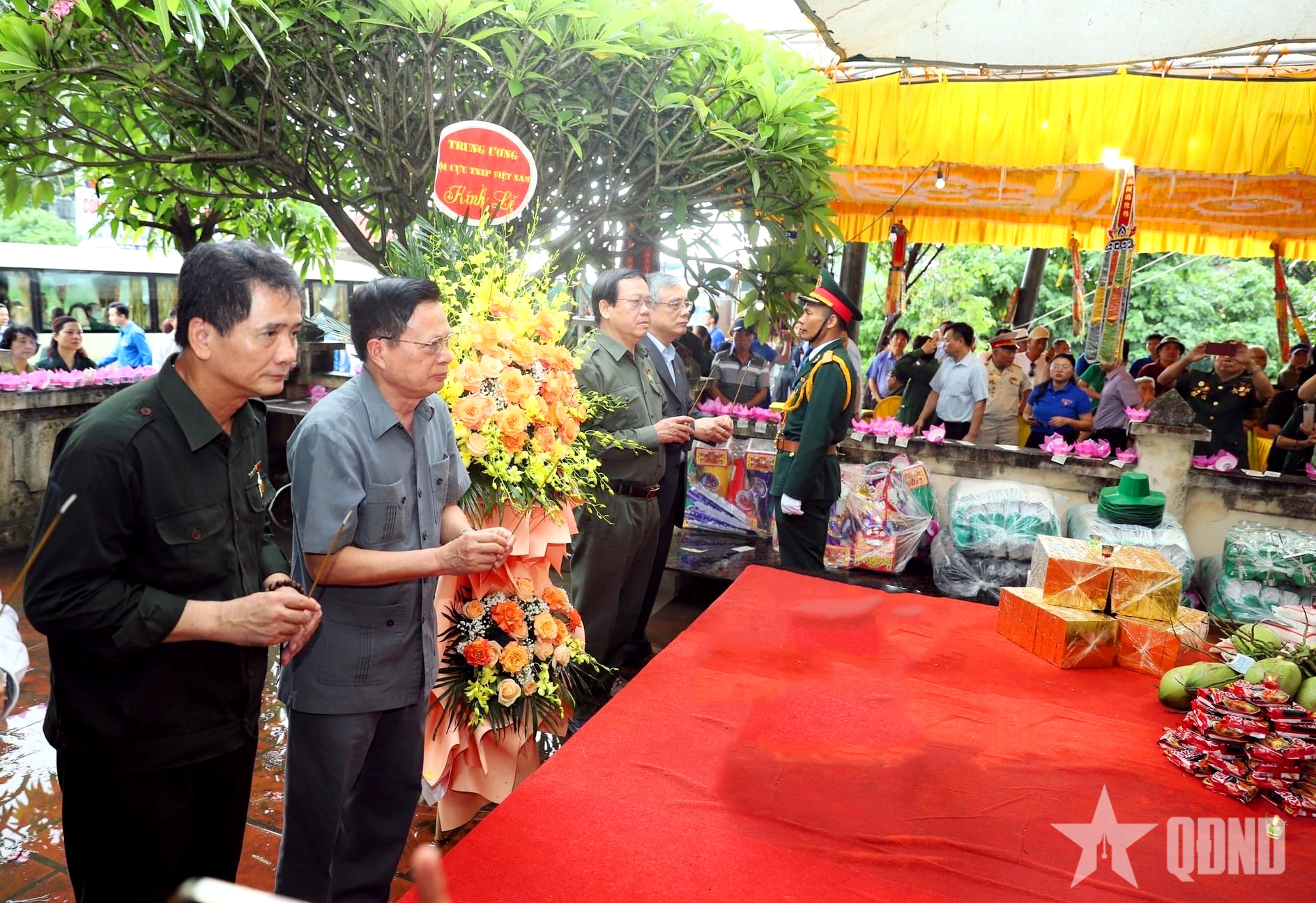
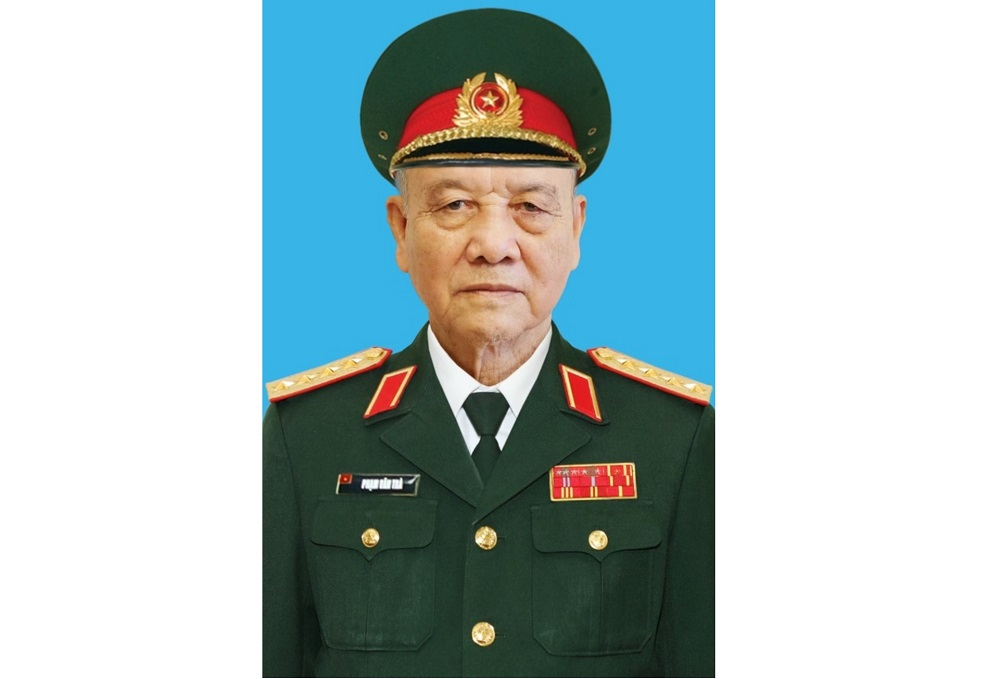



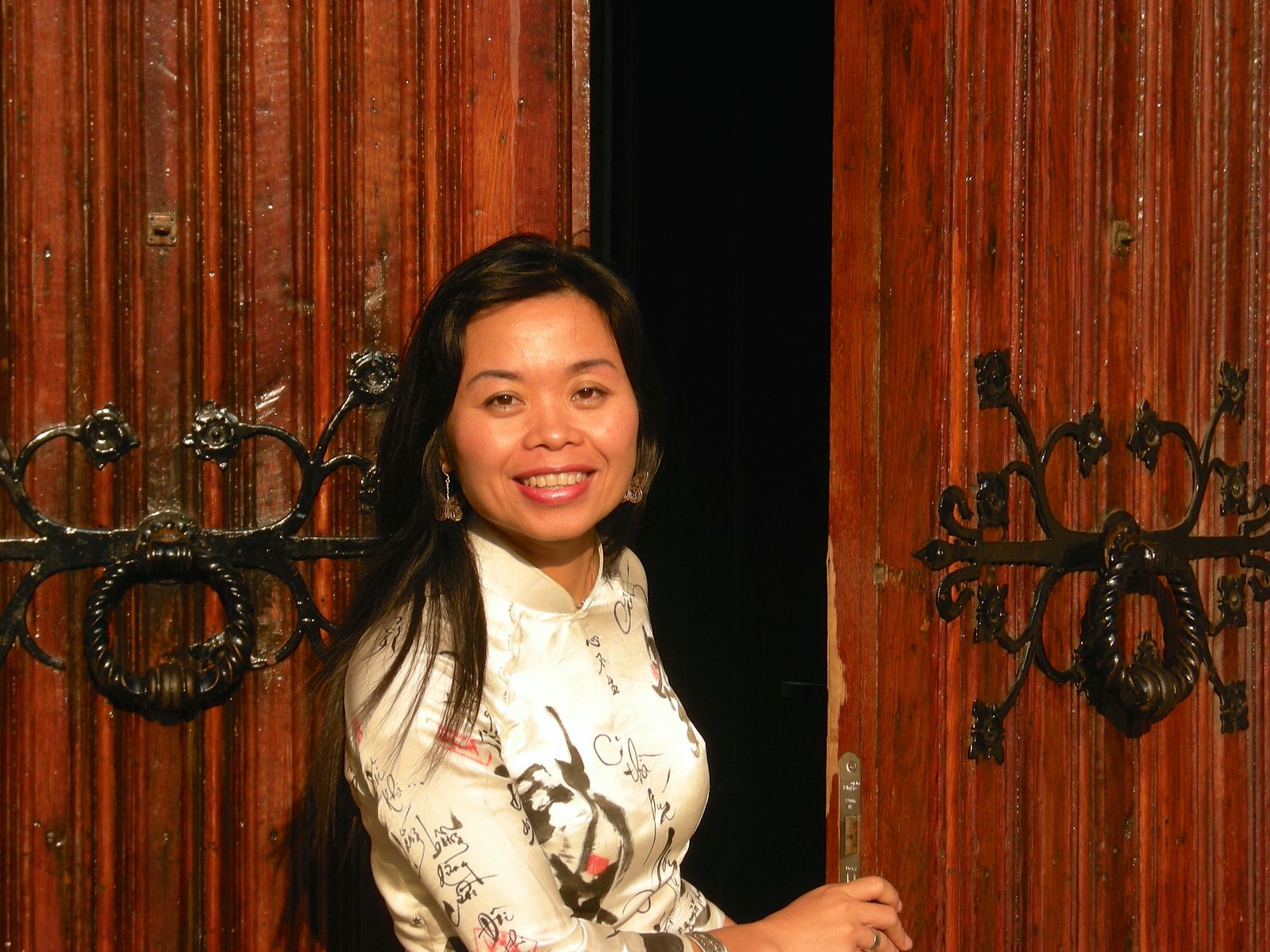

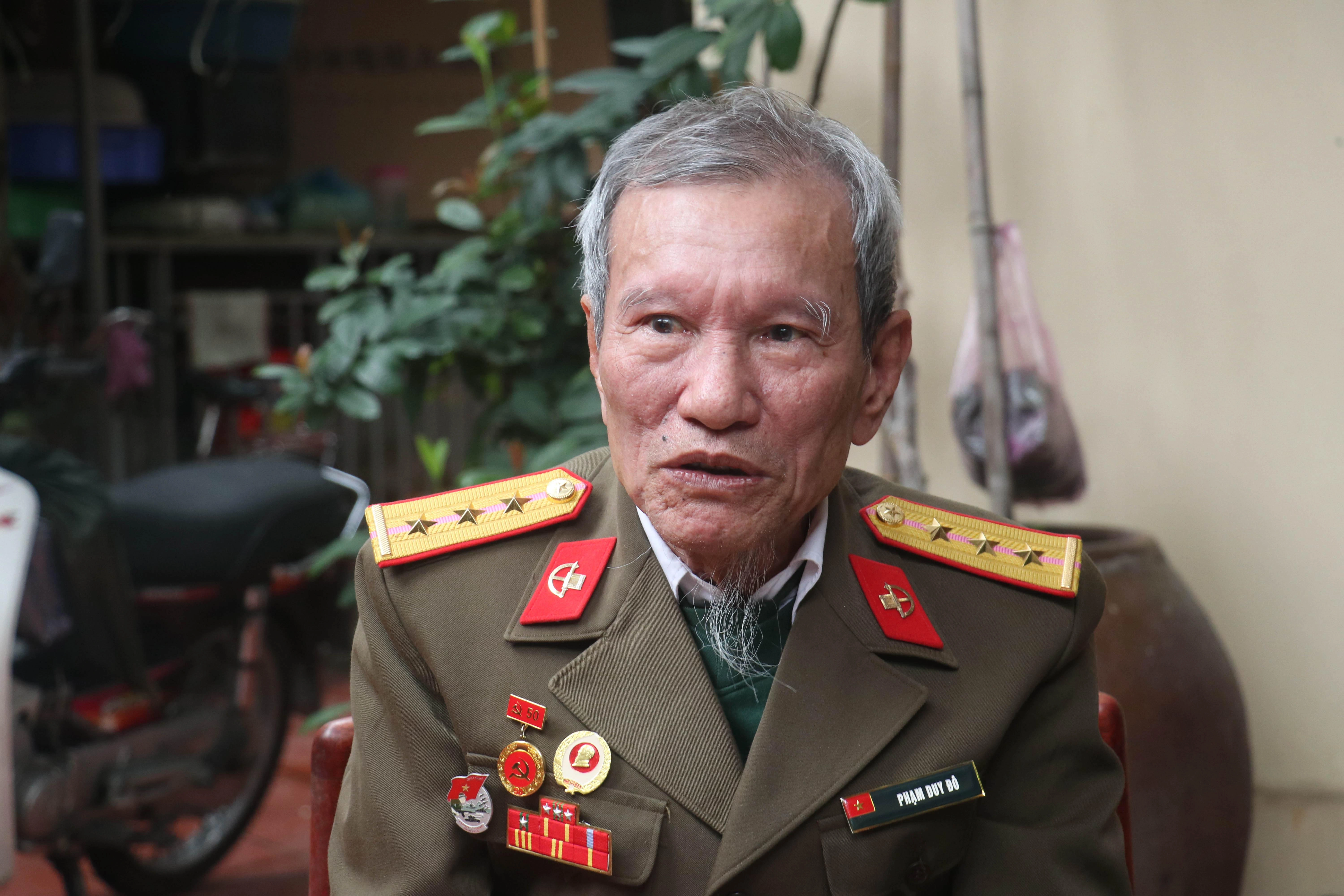


























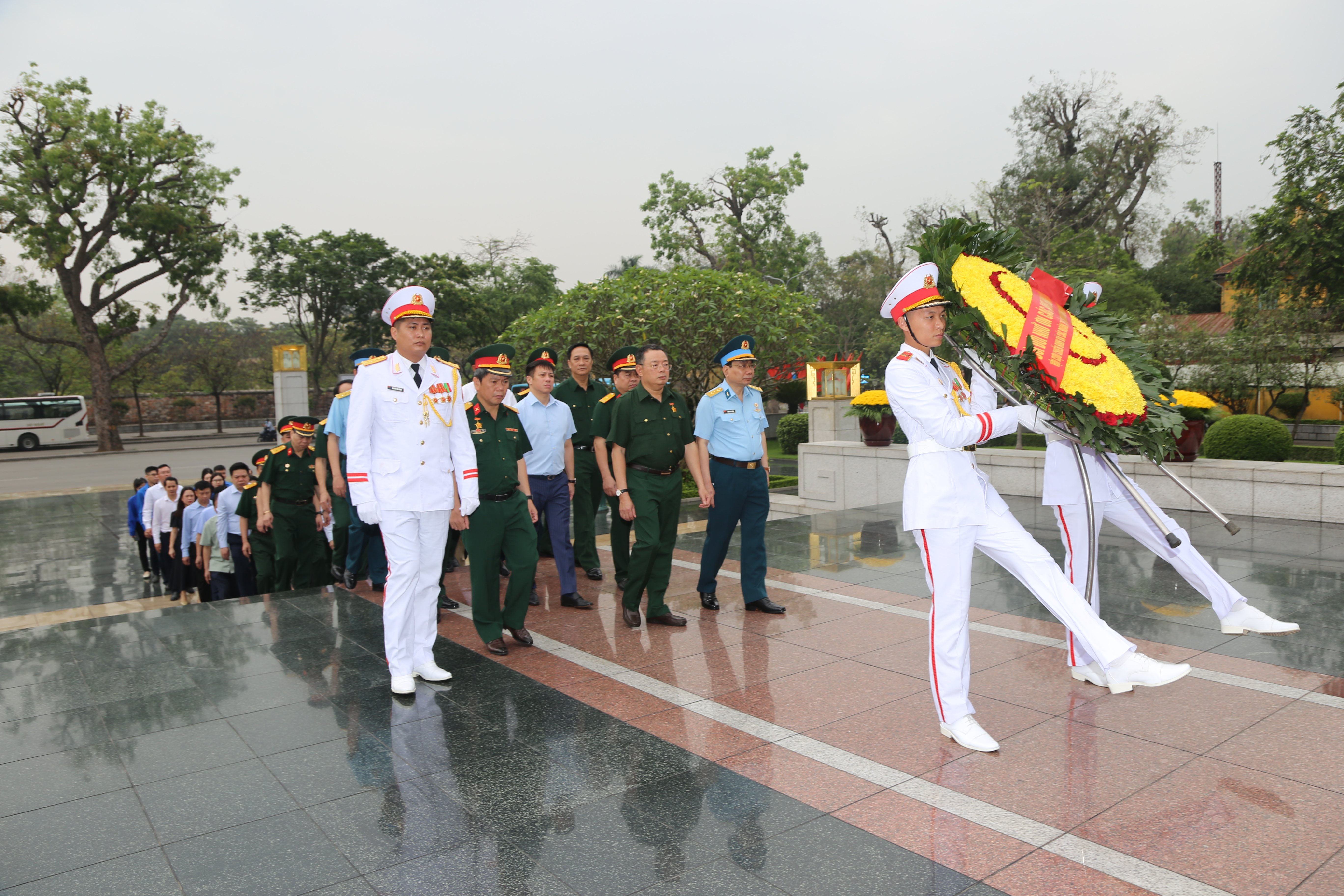

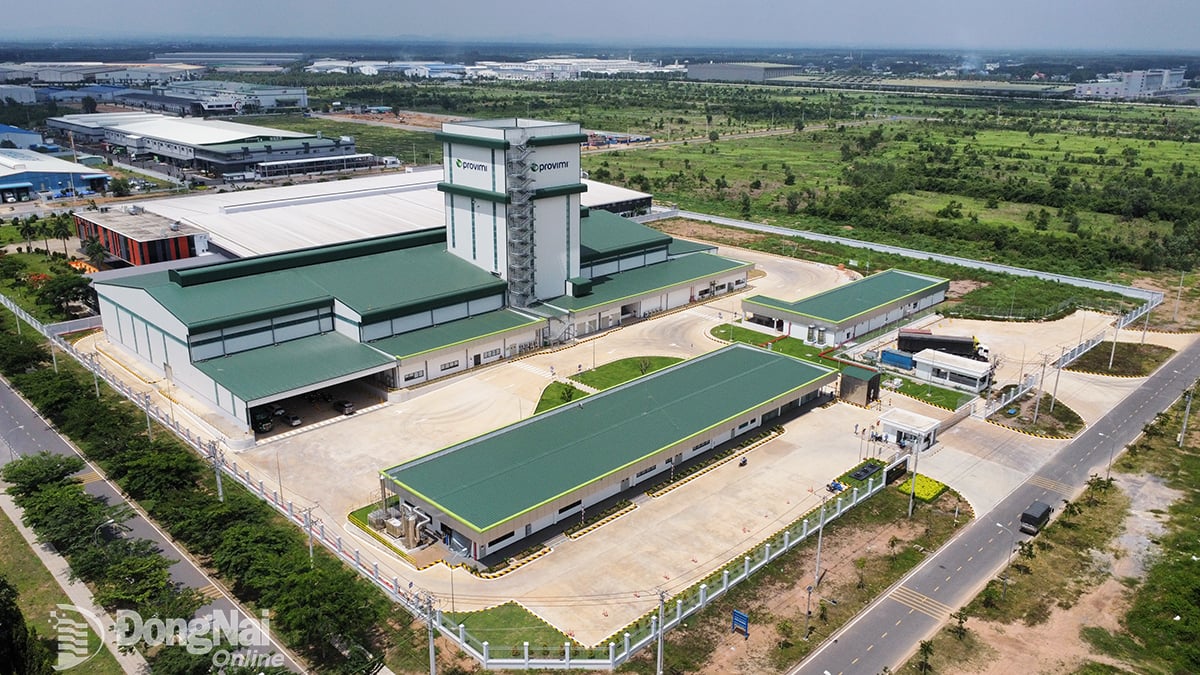


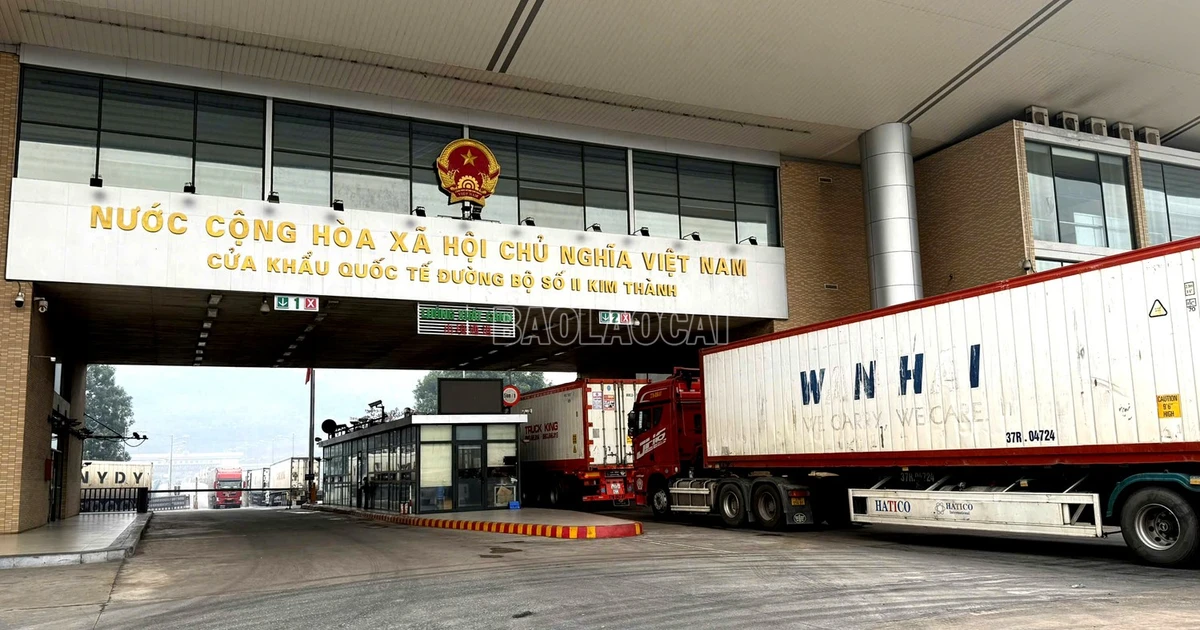

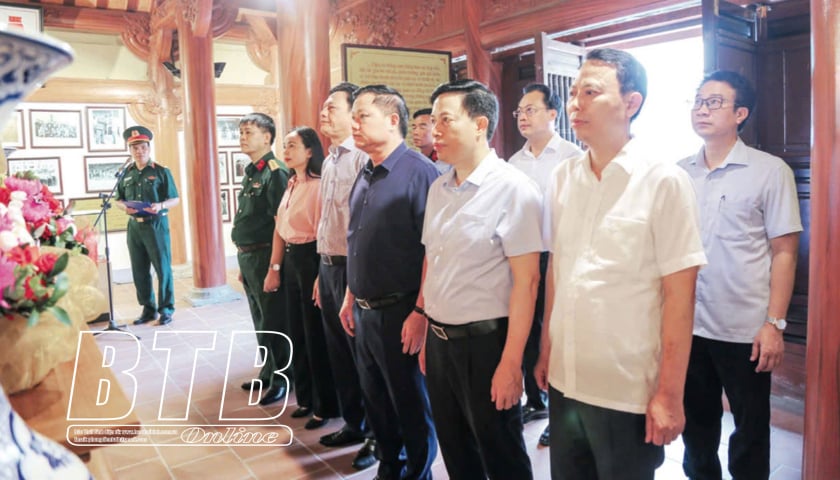

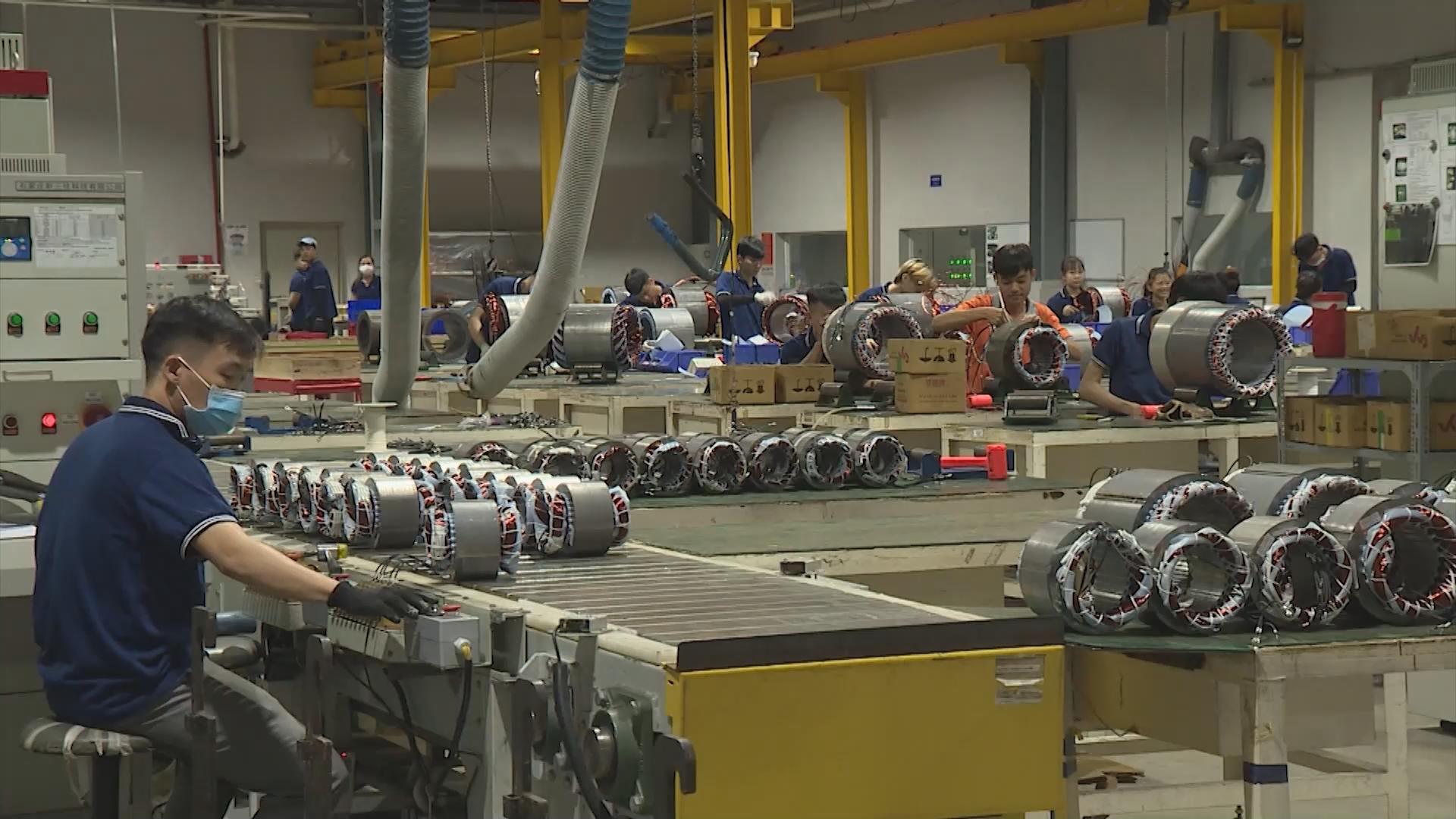









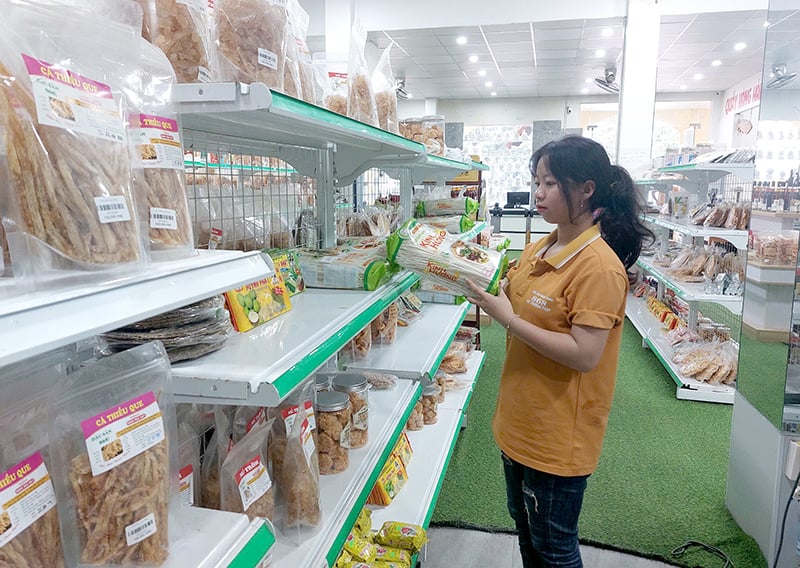
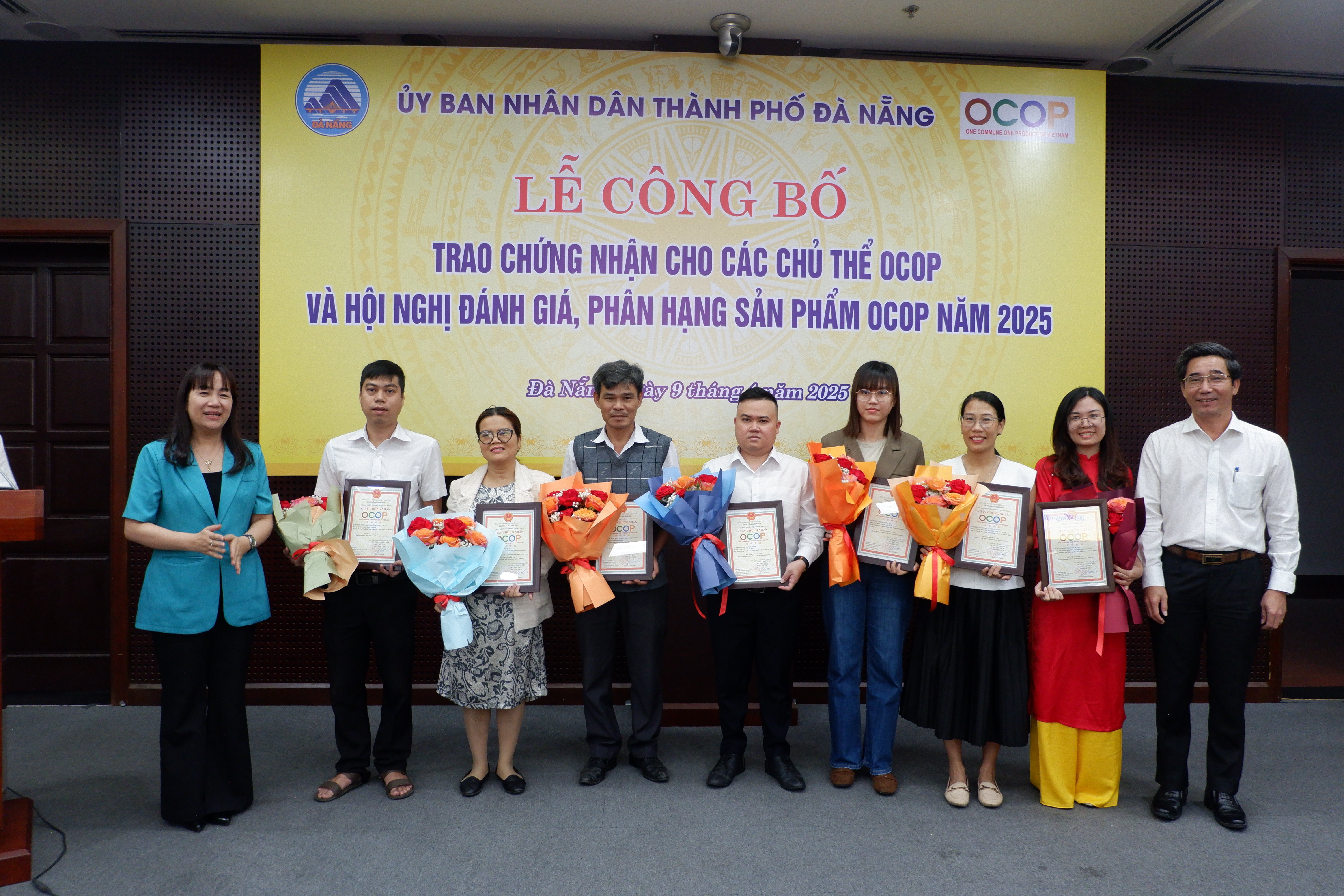

Comment (0)